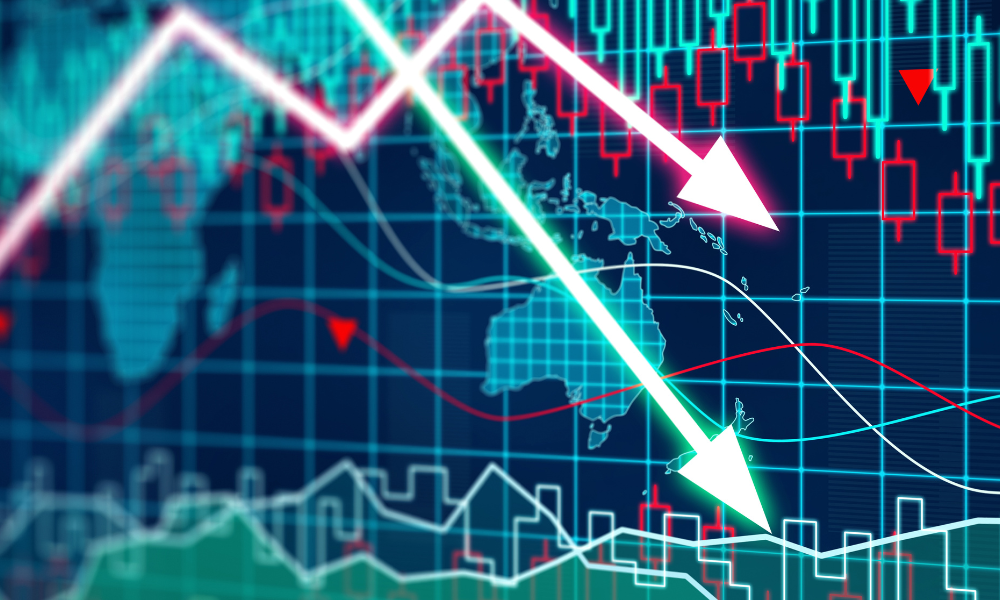Canada braces for fallout as Carney outlines support measures and flags risk to domestic economy

Canadian Prime Minister Mark Carney said US President Donald Trump’s tariff policy is pushing the United States into a recession and damaging the global economy.
At a campaign stop in Victoria, British Columbia, Carney called the measures “self-harming to the American economy and therefore the global economy,” according to Bloomberg.
Carney added, “The US is driving itself into a recession,” and told Canadians, “we can give ourselves far more than the US can take away.”
According to CBC News, Carney described Trump’s aggressive tariff actions as creating a “financial crisis” with the potential to undo the international trading system.
He warned of “tough days ahead” and confirmed he would not “sugarcoat” the situation if Trump maintains his current trade stance.
Bloomberg reports that Carney said Canada has already been hit by levies on autos, steel, and aluminum, despite being spared from the so-called “reciprocal tariffs” last week.
In response, Canada has imposed tariffs on tens of billions of dollars of US goods.
Carney said in Bloomberg that he spoke with Trump by phone last month and the two agreed negotiations could begin after the Canadian election on April 28.
Carney stated in CBC News that panic in the markets is “driven exclusively by Trump and his tariffs,” which he said are “fundamentally damaging.”
He confirmed speaking to Bank of Canada Governor Tiff Macklem and Finance Minister François-Philippe Champagne on Monday about the market turmoil.
Carney noted that Canada's financial institutions are “rock solid” and that unlike during the Great Recession, there are no major issues with global banks.
He said that the risk of a US recession “has gone up significantly” and added, “I take no joy in it becoming more likely.”
According to CBC News, Carney outlined several short-term measures to respond to the crisis.
These included relaxed employment insurance requirements, deferrals on corporate tax and GST payments, and increased funding through the Business Development Bank of Canada to support industries affected by tariffs.
He also pledged to reduce the RRIF withdrawal rate by 25 percent and increase the guaranteed income supplement for low-income seniors.
Carney said a re-elected Liberal government would “accelerate major investments” to support growth and reduce energy reliance on the US.
He proposed moving Western Canadian oil to eastern refineries, noting they currently import 500,000 barrels per day from abroad.
Carney also said in Bloomberg that dismantling internal trade barriers and building partnerships with other countries could help cushion Canada.
He confirmed calls with German Chancellor Olaf Scholz and UK Prime Minister Keir Starmer to explore closer economic ties, as both leaders confront a protectionist US.
The UK readout, as cited in CBC News, said an “all-out trade war is in no one's interest.”
Conservative Leader Pierre Poilievre responded by criticising Carney’s track record and past support for policies like the carbon tax.
Poilievre claimed the current chaos is the result of Trump’s “wrongheaded, unnecessary, chaotic policies.” He also said Carney had been “condemned” by parts of the British press and questioned his leadership.
Poilievre is offering similar economic measures, including worker supports, a reduced RRIF minimum, and accelerated energy projects.
Meanwhile, economist Robert Kavcic of BMO Capital Markets told CBC News that Trump’s high tariffs could spark stagflation and said, “It’s going to be tough for Canada to get out of this without one or two quarters of negative economic growth.”



